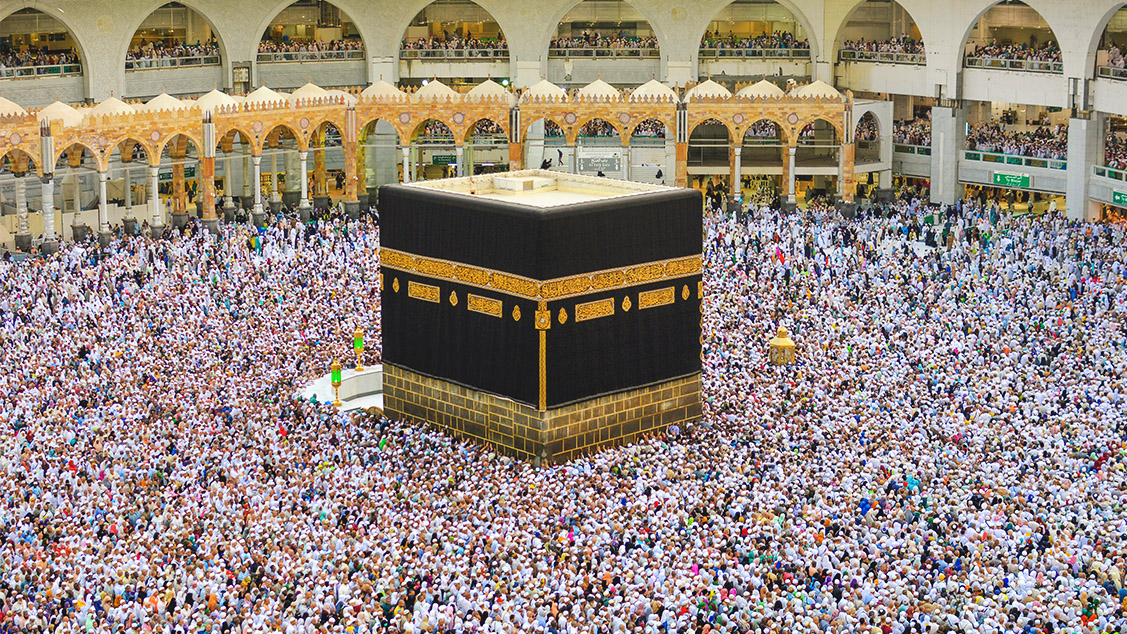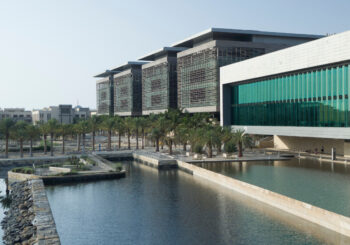As millions of pilgrims prepare to undertake Hajj, Saudi Arabia is introducing new technologies to ensure their safety and well-being. Among the most striking developments this year is the Kingdom’s deployment of drones and helicopters to deliver urgent medical supplies directly to health facilities in high-traffic areas of the pilgrimage.
Announced by Minister of Health Fahad AlJalajel, the initiative marks a global first in smart medical logistics for large-scale gatherings. According to a report by the Saudi Press Agency, the system was developed in partnership with the National Unified Procurement Company (Nupco), and aims to transform how emergency medical care is delivered during Hajj.
Drones are now being used to transport critical items such as medicines and essential supplies from centralized distribution centers to six frontline health centers; three in Arafat and three in Mina. The result is a dramatic reduction in delivery times: from an average of one hour down to just five minutes. Helicopters have also been mobilized to deliver supplies to facilities equipped with helipads, bypassing ground congestion entirely.
These advances come as part of a broader shift toward a smarter, more responsive healthcare system during Hajj. They reflect Saudi Arabia’s efforts to not only improve emergency response, but also establish a new global standard for managing public health at large-scale events.
This is not the only example of how Saudi Arabia is using technology and infrastructure upgrades to enhance the Hajj experience. The Kingdom has taken several steps in recent years to support pilgrims, from digital platforms like Nusuk that streamline visa and travel arrangements, to AI-powered robots like Manarat Al-Haramain that offer real-time religious guidance in multiple languages.
Health services have received particular attention, especially after last year’s Hajj saw more than 1,300 deaths, largely attributed to extreme heat and unregulated pilgrimages. In response, the Ministry of Health has released awareness kits in eight languages, distributed both online and on the ground, with guidance on avoiding heatstroke and preparing for the physical demands of the pilgrimage.
Water access has also been prioritized. The Makkah Soqia Water Society plans to distribute 15 million bottles of water through its annual Hajj Water Project. Along key walkways, more than 2,400 water stations have been set up, while recycled rubber paths now line high-traffic routes to ease the physical strain on pilgrims’ feet.
With the use of drones and helicopters now part of the medical response system, Saudi Arabia is sending a clear message: innovation is at the heart of its approach to Hajj. From AI and smart screens in prayer areas to high-speed medical deliveries in crowded zones, the Kingdom is aiming to make one of the world’s largest religious gatherings safer, more accessible, and better prepared for the challenges ahead.








Comments (0)